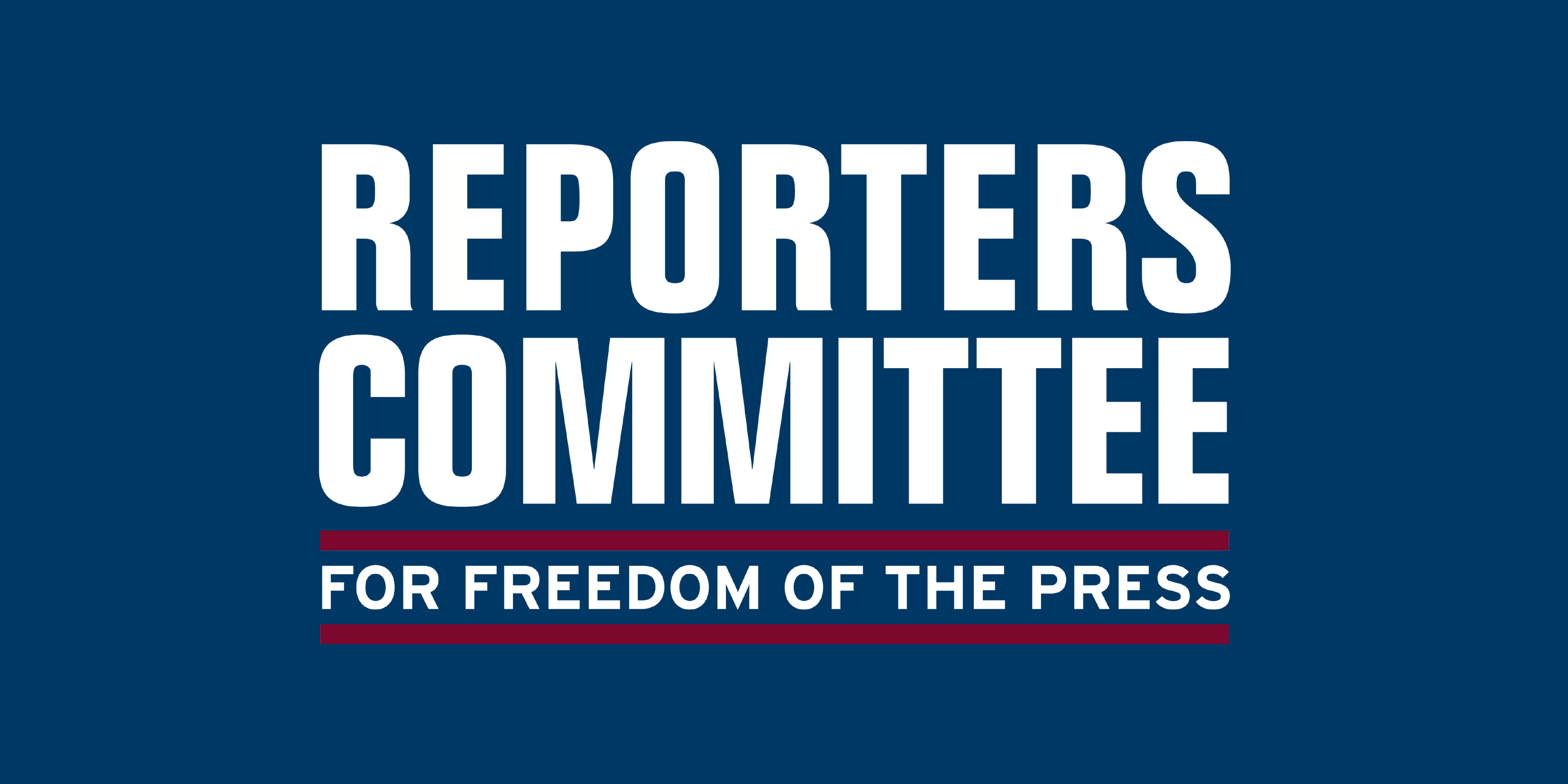Ninth Circuit rules in favor of tech review website in defamation suit

A federal appeals court has ruled in favor of a technology review website in a defamation lawsuit over articles critical of a company’s claims about a purported fever-detection device created during the early days of the COVID-19 pandemic.
Last week’s decision by the U.S. Court of Appeals for the Ninth Circuit is a welcome development for IP Video Market Info, known as IPVM. It ends a drawn-out legal battle that forced the technology review website to defend reporting that helped members of the public evaluate the efficacy of a new device billed as a way to combat the spread of COVID-19. The ruling also affirms the importance of strong anti-SLAPP laws that make it easier to quickly dismiss baseless defamation claims.
X.Labs, which describes itself as “the leader in next-generation public safety threat detection technologies,” sued IPVM in May 2020, just a few months into the coronavirus pandemic. The company specifically took issue with a series of IPVM reviews that questioned the accuracy of Feevr, its purported fever-detection device, and raised concerns about X.Labs’s misleading marketing claims.
While X.Labs marketed Feevr as a tool for combating the spread of COVID-19 in crowded public spaces, IPVM was skeptical that Feevr could live up to the company’s advertising claims, given the product’s technical specifications and the limited test results released by the company.
IPVM — represented by attorneys from the Reporters Committee for Freedom of the Press and Gibson, Dunn & Crutcher LLP — sought to get the defamation lawsuit thrown out under California’s anti-SLAPP law, which provides journalists and others a way to quickly dismiss meritless lawsuits intended to silence criticism through expensive, baseless legal proceedings. The website argued, among other things, that the statements included in its reviews were not only protected opinions, but were also substantially true.
In late 2020, a federal district judge largely rejected IPVM’s arguments, prompting the review website to appeal to the Ninth Circuit. The appeal was made possible by a key provision of California’s anti-SLAPP law that allows an immediate appeal from the denial of a special motion to strike.
In an opinion issued on Nov. 9, a three-judge panel of the Ninth Circuit reversed the district court’s decision. The panel concluded that X.Labs failed to adequately plead that anything in IPVM’s reviews was false, including references to Feevr’s accuracy and the company’s misleading marketing claims about the device.
The appeals court’s ruling is unpublished, meaning it won’t set any binding precedent within the Ninth Circuit. But Reporters Committee Legal Fellow Charlie Hogle, who helped litigate the case on behalf of IPVM, says the outcome in this case is significant for two reasons.
For one thing, it shows the impact of anti-SLAPP provisions that allow for immediate appeals. “They are extremely important for journalists,” Hogle said, noting that such provisions can help journalists avoid a painstaking and expensive discovery process.
Additionally, he says, the Ninth Circuit’s ruling is important for what it says about the value of the public-service journalism at issue in this case and the need to protect it from frivolous lawsuits.
“It’s always valuable for the news media and knowledgeable experts to be able to provide the public with reasoned assessments of marketing claims. That’s especially true when we’re talking about supposed medical devices being marketed in the early days of a pandemic, when people are trying to figure out how to protect themselves,” Hogle said. “We don’t want to chill this type of expert speech. We need people to be able to offer informed opinions based on the facts available to them. That’s part of how the First Amendment operates and how we make sure members of the public can make intelligent decisions about their own health and safety.”
The Reporters Committee regularly files friend-of-the-court briefs and its attorneys represent journalists and news organizations pro bono in court cases that involve First Amendment freedoms, the newsgathering rights of journalists and access to public information. Stay up-to-date on our work by signing up for our monthly newsletter and following us on Twitter or Instagram.